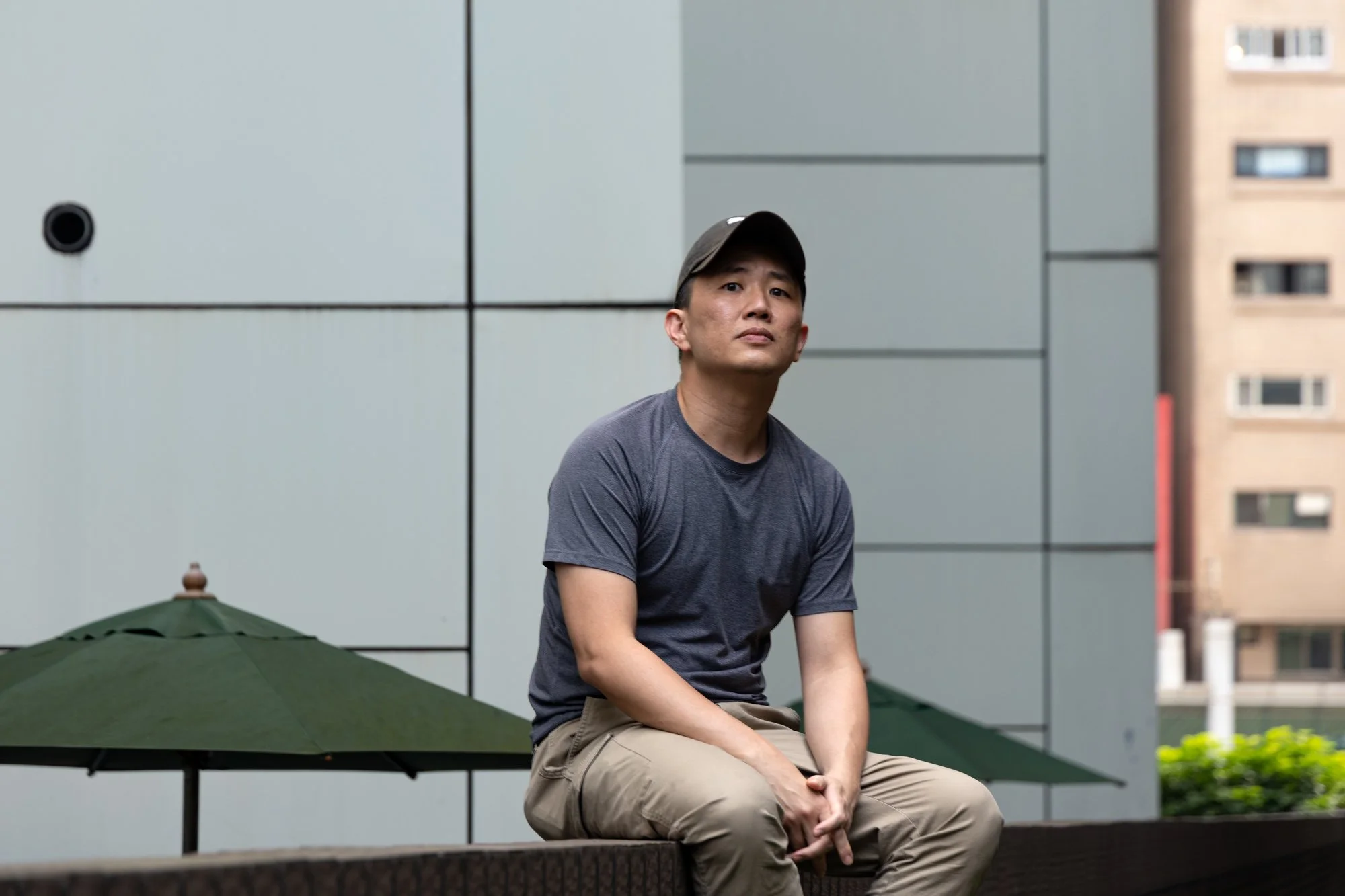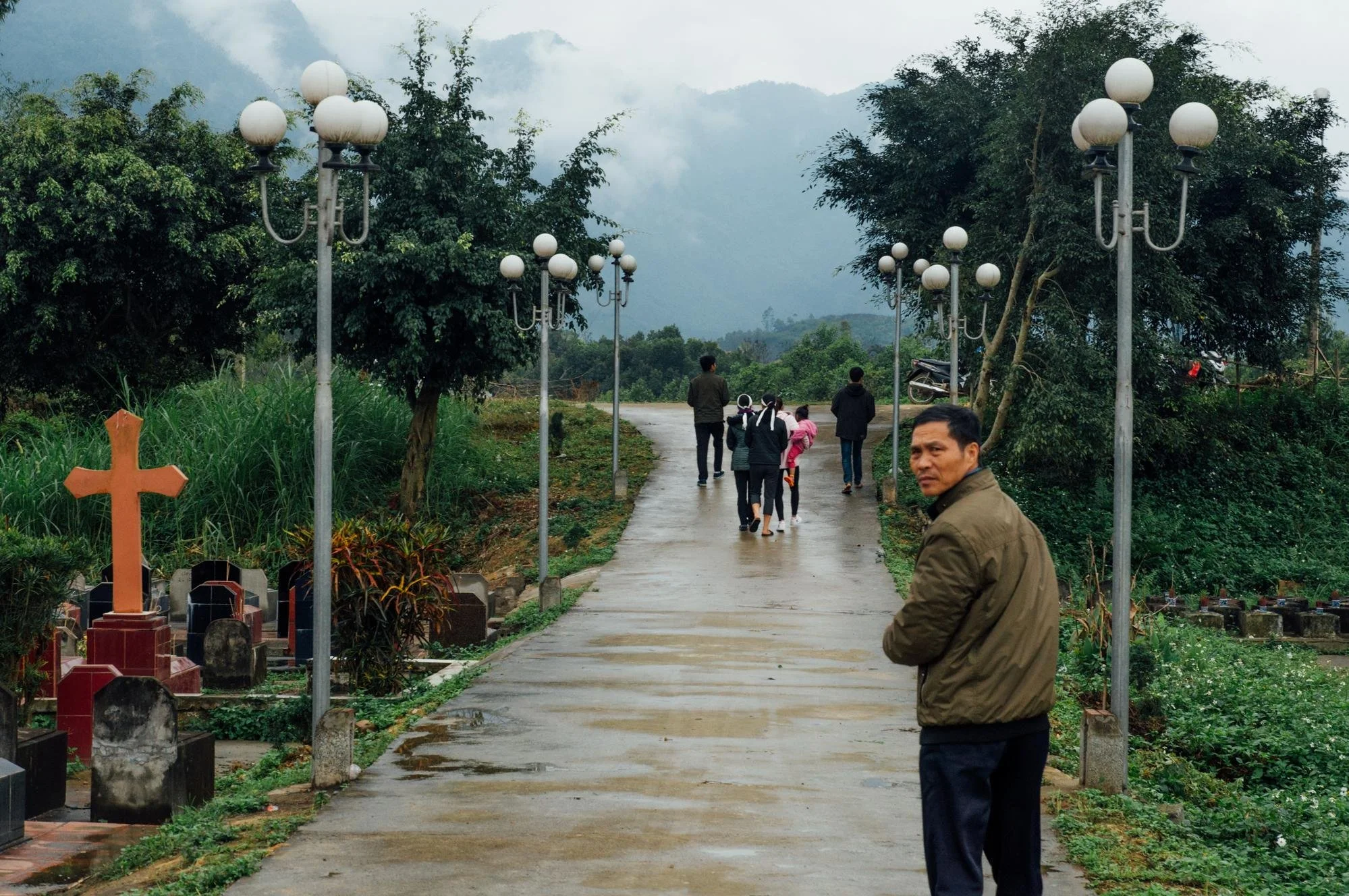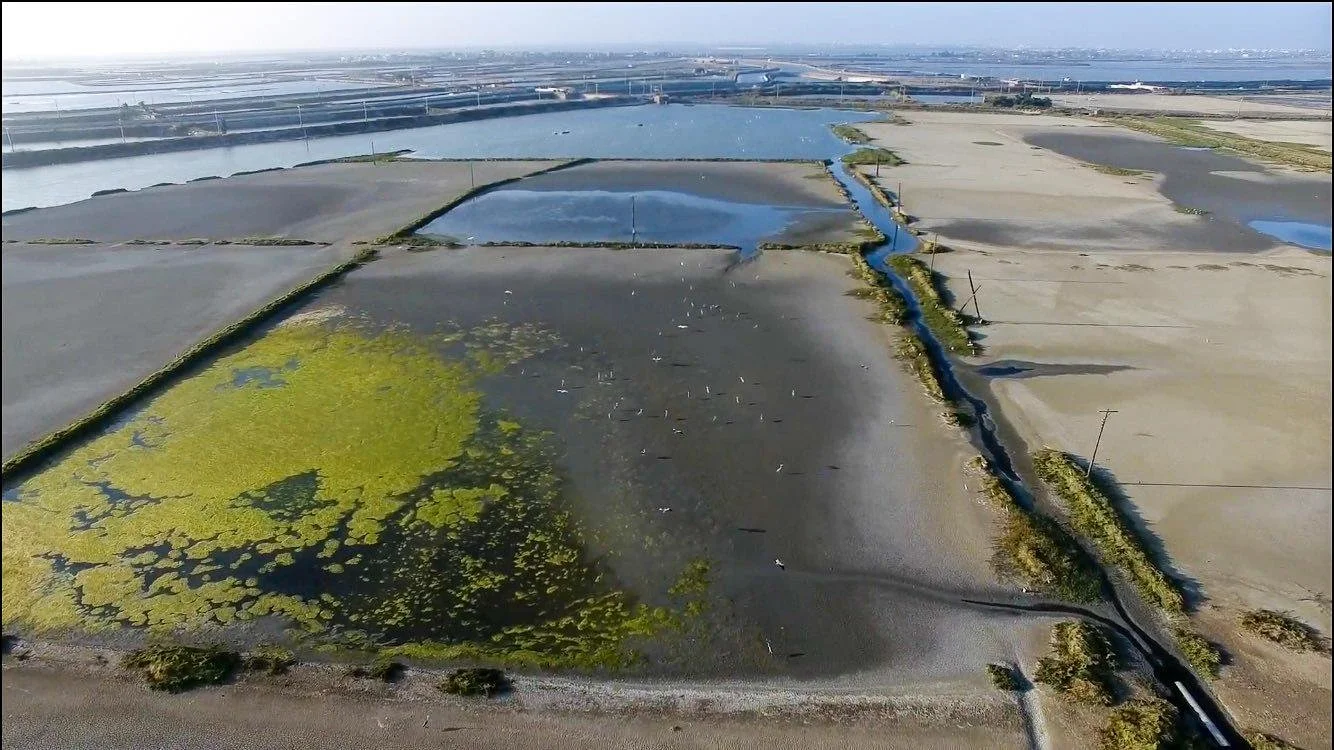The Taiwan Gazette translates and publishes original reporting from Taiwan, Hong Kong and China. Our goal with the platform is simple: We want original reporting from the Sinosphere to have a wider impact on global civil society.
All in The Reporter (報導者)
When Image Becomes the Salt of Life – Cutting through the Narrative of Heroization in Lau Kek-huat’s Taste of Wild Tomato
The Kaohsiung Film Archive commissions the creation of documentary films on the city of Kaohsiung, to exhibit “local people’s identification with the land, and display Kaohsiung’s local cultural scene through visuals”. Twenty-five documentary films have been made over the past ten years, which touch on aspects such as folk customs, industry, military dependents' villages, indigenous people, migrant workers, and landscape transformation. Taste of Wild Tomato, which was nominated in the 2022 Taiwan International Documentary Festival (TIDF) competition, is one of the latest commissioned works. The film breaks free of the longstanding framework of discussing and recreating the February 28th Incident, extending from this singular focus to the furthest realms of visual language. Through a loose and poetic narrative, the film casts light upon the multifaceted, uncertain and unstable history of the city, and indeed the country as a whole.
Sculpting Enlightenment: The Century-long Legacy of Huang Tu-shui’s ‘Water of Immortality’
In October 1921, two events rocked the Taiwanese arts and cultural space; the founding of the Taiwan Cultural Association, and Huang Tu-shui’s (黃土水) sculpture, ‘Water of Immortality’ (甘露水), was selected for the Japan Fine Art Exhibition. One hundred years after its birth, the long-since locked away ‘Waters of Immortality’ has been fully restored, and on December 18th 2021, MoNTUE will once again unveil her to the world.
Distance to the truth – Reinvestigation of migrant fisherman’s death in Indonesia, critical cross-border witness testifies
In late August 2015, Indonesian fisherman Supriyanto died on a Taiwanese distant water fishing vessel, only three months after setting sail. December 15, 2016, The Reporter published the series “Fraud, Exploitation, and Blood on the High Seas,” tracking this case of “death from illness” which the Pingtung District Prosecutors Office speedily concluded within two months, unveiling the suspected mistreatment on the vessel, and the process of trafficking Indonesian fisherman to Taiwan by the shipowner and an agency. After the Control Yuan’s correction and the press' numerous reports, Pingtung District Prosecutors Office soon relaunched the investigation.
In May 2018, one and a half years after, the investigation showed progress. Under the assistance of labor unions from both Taiwan and Indonesia, a fisherman who worked on the same vessel with Supriyanto arrived in Taiwan and gave testimony in court. The testimony not only helped the prosecutor clarify the situation on board then, but also became one of the few successful callings of a foreign witness in the criminal cases.
Bringing Home the Dead, From Taiwan to Vietnam
It wasn’t until Nguyễn Văn Chac sat down on the airplane, that he finally had time to settle down, and talk to his brother.
In the early morning of 14 December 2017, his 20 year-old brother, Nguyễn Văn Trãi, died in a fire in the factory dormitory that he was staying at in Taoyuan’s Luzhu district - just a week before they were due to go see the Christmas tree again.
When “Rainy Night Flowers” Meets Western Symphony: The First Hokkien Opera Composer Gordon S.W. Chin
Gordon S.W. Chin (金希文) blends Taiwanese elements in Western classical music. He has written many symphonies, and has even composed a Taiwanese language large-scale opera. At the age of 60, he has become a recipient of the 2017 Taiwan’s National Award for the Arts.
Bringing Green Into Fashion: Taiwan's Energy Dilemma
To combat climate change, Taiwan’s current energy strategy aims to “promote green energy, increase natural gas, reduce coal-fired, [and] achieve nuclear-free” goals. Over the past 3 years, the government has sought to develop various renewable energy programmes. Unfortunately, in cataloging potential sites, some of those with high potential for renewable energy have been found to be ecologically sensitive or have high social value. This tug-of-war between renewable energy development and ecological conservation has created a “Green Conflict”.
No Final Goodbyes ── Pioneer of the Hong Kong “Lying Flat” Movement, Victoria Park Native Simon Lee, Passes Away
Simon Lee, a street sleeper and practitioner of what is now known as the “lying flat” movement, passed away in December 2021. Hong Kong photographer Ko Chung Ming had the chance to document the bits and pieces of Simon’s life and his way of engaging with the social world.
The Aftermath of the Taroko Train Accident: An interview with the 76 Monks cosmetology Team
On April 2, 2021, a Taroko express train operated by the Taiwan Railways Administration (TRA) derailed at the Qingshui Tunnel in Hualien, resulting in 49 casualties. Due to the collision severity, most of the victims’ bodies were severely disfigured. A group of volunteer mortuary cosmetologists from the 76 Monks – a non-profit organization which has assisted with many large-scale disasters – were immediately dispatched to assist in the reconstruction of the corpses with the intent of protecting the dignity of those who perished. The Reporter visited the restoration site of the Hualien City Funeral Home over several days and learned that the cosmetologists are willing to overcome all difficulties and come to serve from all over Taiwan. How did cosmetologists from the 76 Monks go about fixing the wounds of the deceased and heal the grief of the living with their bare hands?
A Return to the Human World: Chen Yingzhen’s Utopia and Four Ren Jian Journalists
Though short-lived for just less than four years, the Ren Jian (Human World) magazine, founded in 1985, was like a legend, shedding light on countless dark corners of Taiwanese society and revealing the wounds of the land in Taiwan before and after the lifting of martial law. With its powerful photographs and writings, it defines the core of in-depth investigative reportage. For more than 30 years, Ren Jian has been mentioned every now and then, commemorated through various exhibitions, conferences, or awards, including the Outstanding Contribution Award bestowed by the 2021 Taiwan International Documentary Festival (TIDF). The Reporter meets with former Ren Jian employees and interviews them about their personal perspective of what the magazine means for their lives and for the era.
Commentary / The Time is Up: Taiwanese Businessmen in China Facing the Centennial of the Chinese Communist Party
Taiwanese businessmen in China have enjoyed the spoils of China’s economic reform and political development after Tiananmen. Doing business in China could be risky, however. It is easily affected by the profound instability of business-political relationship in China, the shifting balance of global power, and other factors. As the Chinese Communist Party celebrated its centennial in 2021, what might be the fate of Taiwanese businessmen in China?
Taiwan’s Humanitarian Aid to Hongkongers Faces New Questions Amid Geopolitical Uncertainties
July 1, 2019 is the 2nd anniversary of the occupation of the Legislative Council in Hong Kong’s Anti-Extradition Bill movement and the 1st anniversary of Taiwan’s investment of national resources in providing humanitarian aid to Hongkongers in exile. Two years after Taiwan’s assistance of Hong Kong, official relations between the two have seemingly ceased as the political situation in Hong Kong continues to deteriorate. Amid geopolitical uncertainties, how can Taiwan continue to help Hongkongers?
Podcast | Social Worker in the Ring, and the Champions He Brings Out: We All Want to Grow Up Well
Before Taiwan entered the COVID-19 Level 3 Alert this year, The Reporter visited a social worker who also works as a boxing coach in Sanxia, New Taipei City. How has he turned boxing into a tool to empower indigenous youths from disadvantaged backgrounds?
Art Review: How Do We "Become" Taiwanese?
How do artists invite us to reexamine the changes in the Taiwanese identity? What methods do they use? In 2018, Liang-Pin Tsao opened an exhibition at TKG+ Projects examining the intertwined relationships between “identity” and “history”. Focusing on the images of the Martyrs’ Shrine, the exhibition asks: How does one become Taiwanese?
Hold or Postpone the Tokyo Olympics? The COVID-19 Pandemic Hobbles Japan
On July 12, 2021, Tokyo, the host city of the 2020 Summer Olympics, is entering another state of emergency to combat the spread of COVID-19. With COVID-19 still running rampant across the world, why is the Tokyo Olympics not cancelled or postponed?



















